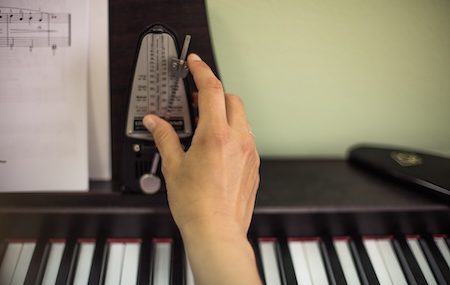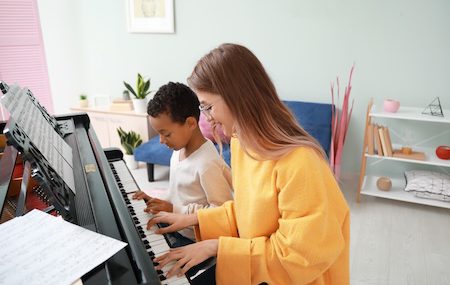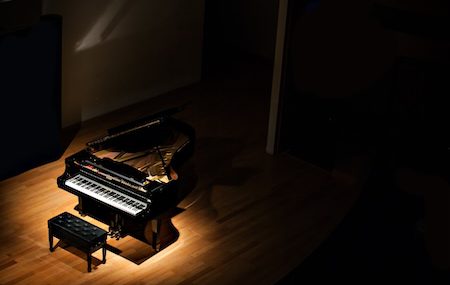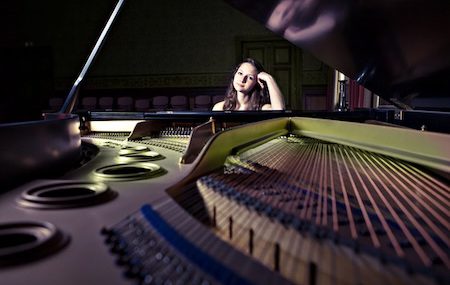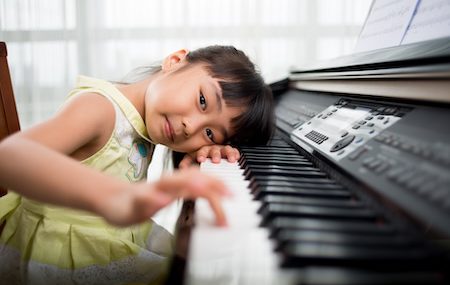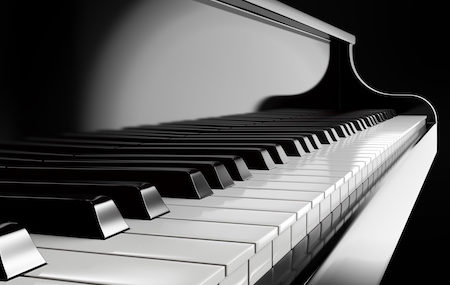You’re ready to play the piano. You’ve been taking lessons for a while. But now, you’re ready to take it to the next level. You’re wanting a piano that can match your abilities. We have just one question for you.
Classical or pop?
That might seem like a strange question. After all, aren’t all pianos equipped to help you become a better piano player? The answer is: Yes. But several things may sway your decision to find the best piano for your unique situation.
Let’s start with classical – you love feeling Bach and Beethoven moving through your fingers and across the keyboard. You’ve purchased sheet music from all of the greats, and you can’t wait to get started. Acoustic pianos often have qualities that make them particularly well-suited for classical music performance and interpretation.
- Acoustic pianos, especially grand pianos, offer a wide range of tonal colors and nuances. The rich, complex sound produced by acoustic pianos allows classical pianists to express the subtlest nuances of dynamics and phrasing, essential for interpreting classical compositions with depth and emotion.
- Acoustic pianos have a wide dynamic range, meaning they can produce both very soft and very loud sounds with clarity and control. Classical music often requires precise control over dynamics to convey the composer’s intentions, and acoustic pianos excel in this aspect, allowing pianists to achieve a broad range of expression.
- Acoustic pianos respond to the pianist’s touch with sensitivity and nuance. The action of an acoustic piano, including the hammers striking the strings and the responsiveness of the keys, allows for subtle variations in tone and articulation. This touch sensitivity is crucial for classical pianists to convey the expressiveness and emotion inherent in classical music.
- Acoustic pianos produce natural sustain and resonance, allowing notes to ring out and blend together in a way that enhances the richness and depth of sound. This sustain is particularly important in classical music, where legato passages and sustained chords are common, and the natural resonance of an acoustic piano contributes to the overall musicality of the performance.
- Classical music has a long tradition of being performed on acoustic instruments, including pianos. Many classical pianists value the authenticity and connection to tradition that comes with playing on an acoustic piano, as it allows them to connect more deeply with the history and heritage of classical music.
Let’s say pop is more your style. Ariana Grande and Taylor Swift are more your style. Digital pianos offer several features and advantages that make them well-suited for pop music.
- Digital pianos often come with a wide variety of built-in instrument sounds, including different piano tones, electric pianos, organs, synthesizers, and more. This versatility allows pop musicians to experiment with different sounds and textures, enabling them to create diverse and contemporary arrangements.
- Many digital pianos come with built-in accompaniment features such as rhythms, backing tracks, and auto-accompaniment functions. These features are particularly useful for pop musicians, as they can provide instant backing for solo performances or serve as a practice tool for developing rhythm and groove.
- Digital pianos often include recording and production features that allow musicians to easily record their performances, layer multiple tracks, and edit their music using built-in software or connected devices. This makes digital pianos ideal for pop musicians who want to produce their own music or create professional-quality recordings.
- Digital pianos come in all shapes and sizes. If you need one that’s lighter and easier to transport to gigs, rehearsals, and recording sessions, there’s one for you. Want one to take up less space in your small home studio or apartment? There’s one for you too. They might just be the perfect thing you need to create the music you desire.
So what’ll it be? Do you see yourself playing Bach late into the night? Or swaying to Taylor Swift as you play your favorite tunes? Whatever you feel like playing, there’s a piano for you.
We can help you find it. Stop by, or give us a call today.

